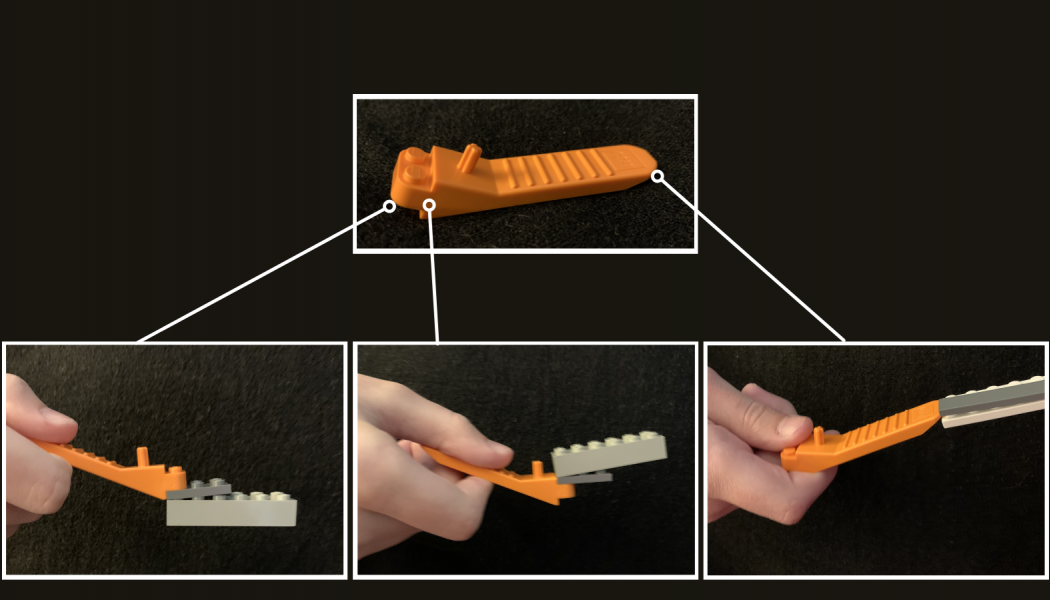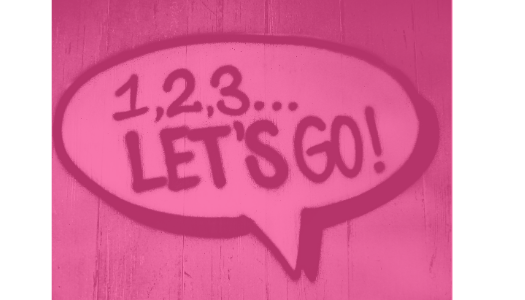
Lori Sabo
After a myriad of jigsaw puzzles, books, and baking during our long pandemic months, I decided to treat myself to an activity of another kind—a Lego set. When I saw the tiny coffee cups, miniature waffle maker, and tiny computer, I said to myself, It’s basically a 3-D puzzle. You’re never too old for Legos. And I clicked Add to Cart.
After it came, I organized the parts bags in numerical order, dumped the contents of bag No. 1 on the table, and opened the picture-laden manual to page 1.
First step: Find and set aside the orange brick separator.
I wish you could have peeked inside my brain as a rush of thoughts stirred and collided. They might as well write at the top “Mistakes ahead!” What a funny thing to start with. But then, it’s kind of a brilliant way to start. Look at what you are trying to build. Look at what your result is going to be. To think you will get from point A to point B without error is just setting yourself up for frustration and heartache. Setting the expectation from the get-go that you’ll make mistakes, there is a tool for undoing them, and then you’ll be able to get back on track is a perfect way to begin the journey.
I hadn’t gotten very far before I did indeed make a mistake. Instead of meeting it with frustration or self-recrimination, I thought, Okay. There’s the first one. Not a big deal. Then I pulled the errant bricks apart and got back on track.
As we embark on a new year, many of us are looking ahead to all we want to build and accomplish. What if we joyfully embark on the journey, orange tool in hand, embracing the knowledge that mistakes will be made along the way? If we live with that mindset in front of our students, they too will be more likely to embrace the journey toward every written story, finished book, and complicated math problem.
Mistakes ahead. And from them will come new understanding, growth, and accomplishments.
Here’s to 2021. Instead of a glass of champagne, let’s all say “Cheers” with our orange tools in hand. Ready? Cheers!







